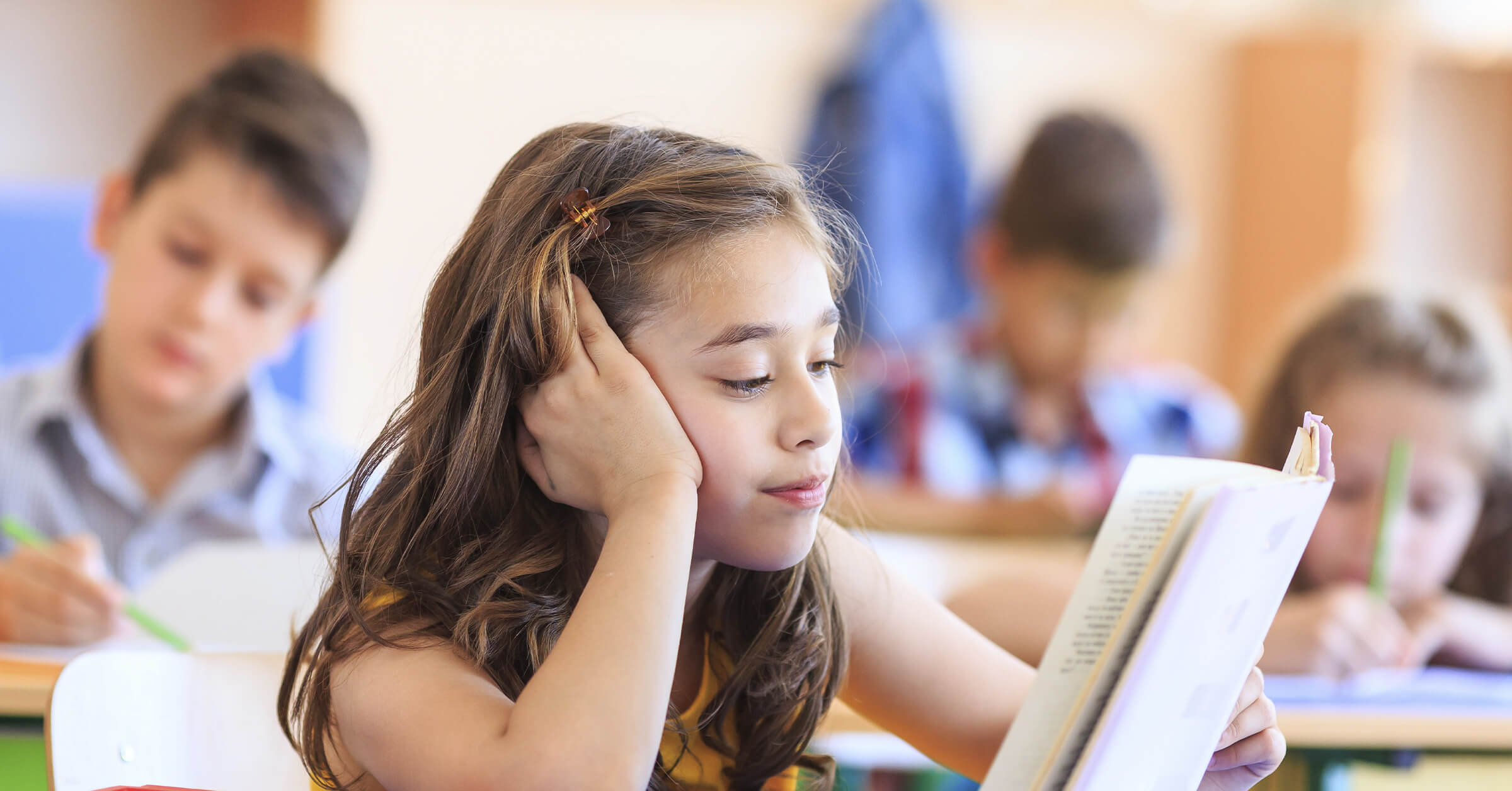Second Step® Insights
How Human Skills Can Help Students Overcome Learning Loss
February 12, 2025 | By: The Second Step® Team

The Nation’s Report Card recently released results from the 2024 NAEP reading and mathematics assessments at grades 4 and 8, revealing notable outcomes in two key learning domains, compared to the last release of scores in 2022.
Here’s a summary of the findings:
- In reading, average scores declined at both grades.
- In math, scores increased at grade 4; no significant change at grade 8.
- Lower percentages of students were absent five or more days in both subjects and grades.
In 2022, the report indicated drops in both reading and math, with the largest ever drop in reading and the first ever recorded drop in math. Those declines were attributed, in part, to the effects of the pandemic, prompting widespread efforts to reverse learning loss in the years to come. Unfortunately, the recent NAEP data reveals that those attempts to help students get back on track in reading and math have largely been unsuccessful—except in the case of fourth grade math performance, which improved slightly.
These scores illustrate the impact that the pandemic—among other factors—has had on learning, but the numbers are only part of the story. For educators, it’s important to remember that learning loss is not just academic—it’s also emotional and social. Many students experienced isolation, heightened anxiety, and difficulty reengaging with structured learning environments. What’s more, the declines in reading and math began before the pandemic, suggesting that these issues go beyond school closures and virtual learning.
Making human skills a priority
To promote academic recovery and growth in the coming years, educators should prioritize solutions that help students build skills that support their well-being as well as their academic growth.
Managing stress, improving focus, connecting with teachers and peers, and developing a growth mindset are all crucial for overcoming learning loss.
Human skills like problem-solving, healthy communication, adaptability, self-awareness, and emotion regulation are essential to helping students overcome the emotional and social barriers that may be hindering their academic growth.
Here are a few ways human skill-building can support students in their academic recovery.
Raising emotional resilience
Resilience has always been essential for academic growth, but this has been especially true in recent years, as students have faced unprecedented challenges and changes. In addition to the pandemic, an overwhelming digital environment, bullying, adverse childhood experiences, and an uncertain political climate have all influenced student stress.
Human skills development programs teach students healthy coping mechanisms, mindfulness techniques, and other ways to manage challenging feelings like fear and frustration, helping them develop resilience that can lead to academic growth.
Building resilience doesn’t mean overcoming every obstacle you face. Rather, it’s a capacity composed of other essential skills that empower children to respond to setbacks and move forward. In this way, helping kids build resilience is one of the best things we can do to help them navigate academic difficulty.
Reconnecting socially, recovering academically
Social isolation was an immediate effect of the pandemic, but feelings of loneliness existed before 2020 and persist for many children today. Human skills development programs prioritize healthy communication, relationship-building, and collaboration, helping students rebuild and sustain strong relationships.
The ability to connect with others plays a major role in academic recovery. Students with stronger relationships—with both their peers and teachers—feel a greater sense of belonging at school, which influences feelings of purpose and motivation in learning.
Fostering a supportive learning environment
Learning suffers when students fear for their safety, worry about being bullied, or don’t sense their teachers have their best interest in mind. When students feel emotionally safe and valued in school, they are more likely to engage in learning, take academic risks, and remain motivated. A sense of safety and support allows students to focus more on their studies without the distractions of fear or anxiety.
Human skills development programs equip educators with resources to foster learning environments where students feel comfortable and secure, empowering them to focus on what matters most: learning.
Enhancing motivation and engagement
Many students lost motivation during remote learning, making it difficult to reengage with schoolwork. Prioritizing essential human skills like growth mindset, goal-setting, and self-reflection can help students feel more engaged in and responsible for their own learning, which can drive motivation. By recognizing their progress and celebrating successes, big or small, students can rebuild confidence in their academic abilities.
The road to academic recovery
With another discouraging report, it may be difficult for educators to remain optimistic about helping students succeed academically. It’s important to remember that test scores are only a part of a much larger story and that students have dealt with unprecedented challenges in recent years.
To help them overcome these challenges, schools and educators should prioritize helping kids build skills that support academic learning and their overall well-being. Second Step® programs, now available for Early Learning through Grade 12, are designed to make it easier for educators to do just that.
If you’re ready to take the next step in helping kids strengthen human skills that support student learning, academic success, and well-being, connect with our Education Partnerships Team to learn more about bringing Second Step programs to your school or district.